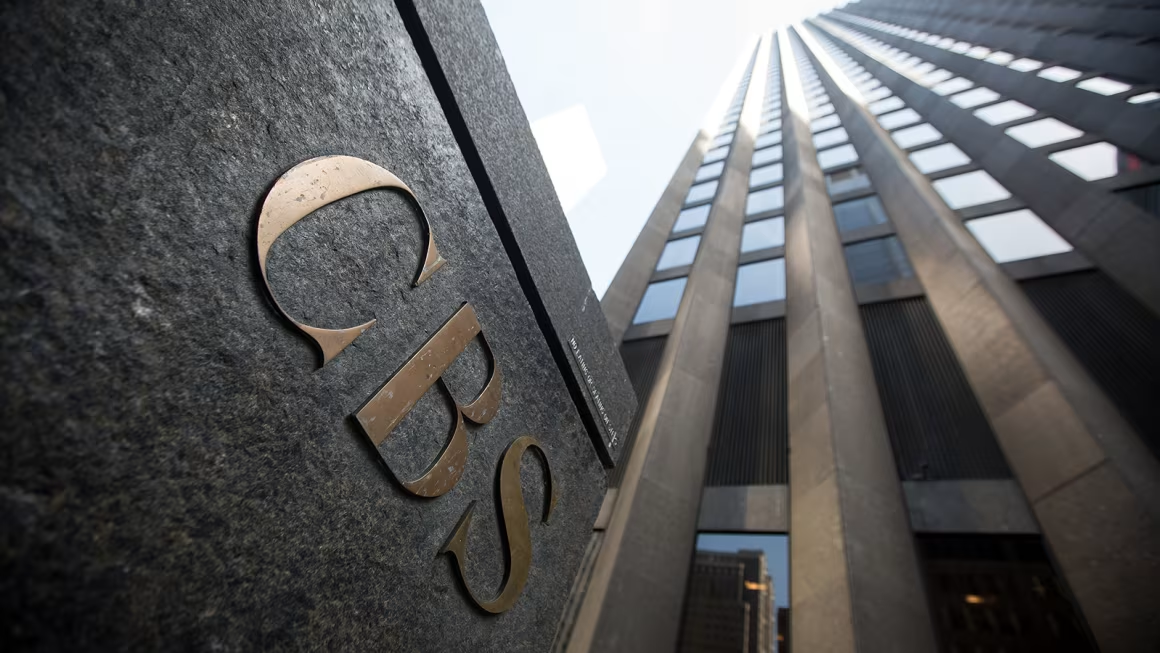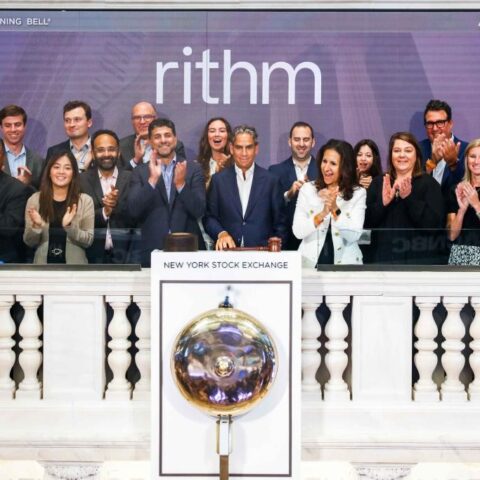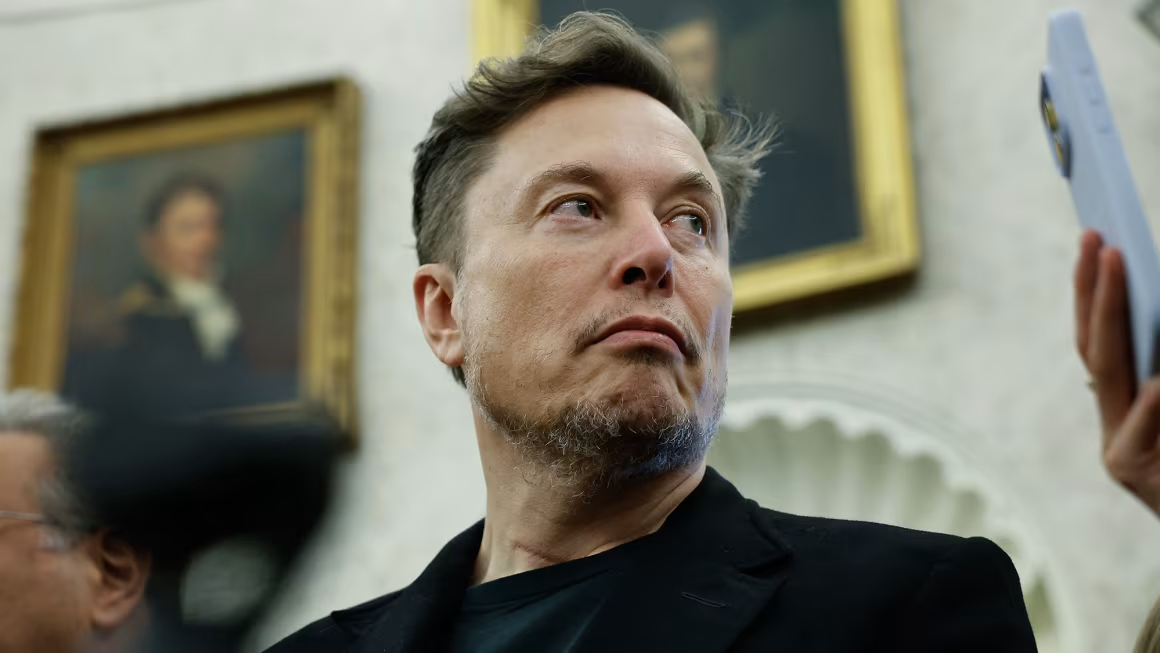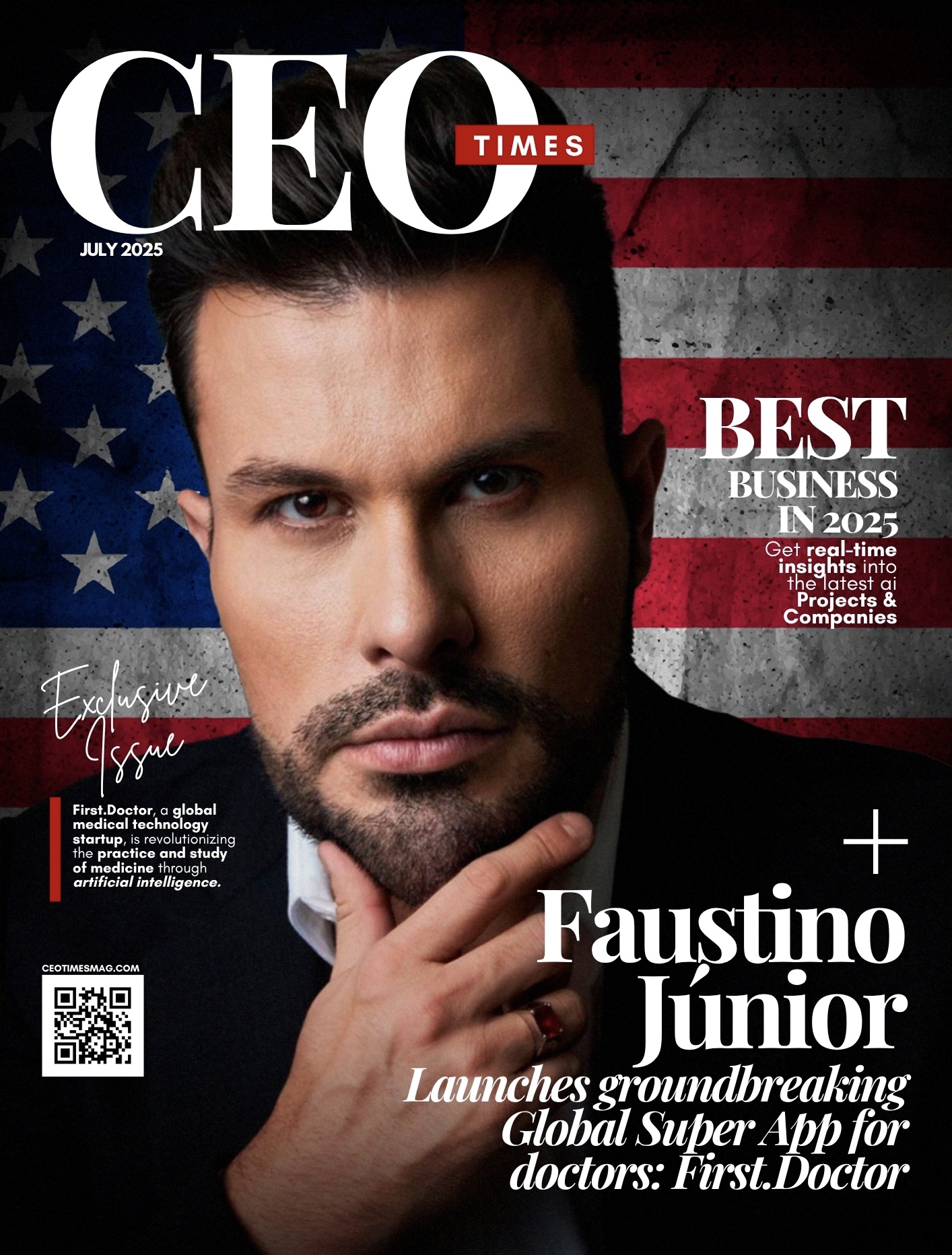No apology issued in unprecedented deal as critics slam media giant’s payout as a political concession during sensitive FCC review
Paramount Global, the parent company of CBS News, has agreed to pay $16 million to settle a lawsuit brought by President Donald Trump over a controversial “60 Minutes” broadcast — a legal battle that has raised fresh concerns over press freedom, political influence, and corporate priorities in a high-stakes media environment.
The settlement, announced late Tuesday, resolves Trump’s suit over an edited interview with then–Vice President Kamala Harris, aired in October 2024, which Trump claimed constituted “election interference.” The $16 million payout — which mirrors a similar agreement Trump reached with ABC and will fund his future presidential library — was finalized without an apology or admission of wrongdoing from Paramount.
“The settlement does not include a statement of apology or regret,” Paramount emphasized in its statement, which also noted that “60 Minutes” will now release transcripts of presidential candidate interviews after broadcast, barring legal or national security redactions.
While legal experts widely dismissed Trump’s case as meritless, calling it “frivolous and dangerous,” Paramount’s leadership opted for a financial resolution amid a delicate merger process with Skydance Media. The company’s ownership of local television stations subjects it to Federal Communications Commission (FCC) oversight, a process now tied to a second Trump administration and its regulatory influence.
Despite Paramount’s insistence that the settlement is “completely separate” from the merger approval and that it will “abide by the legal process,” critics across the political and media spectrum are calling foul.
Corporate Pressure Meets Political Power
Freedom of the Press Foundation condemned the deal, stating, “Everyone knows the case is not worth $20 million, or even 20 cents, in terms of legal merit… It’s beyond frivolous.” The sentiment was echoed by insiders at CBS, where employees reportedly viewed the lawsuit as a blatant act of political extortion.
The heart of Trump’s lawsuit centered around a selectively aired answer from Harris about the Biden administration’s relationship with Israel during the Gaza war. Trump claimed CBS deliberately manipulated her words to harm his campaign. But after legal threats escalated, CBS eventually released full tapes and transcripts under FCC pressure — and they confirmed the segment was edited for time, not political bias.
Still, the damage to CBS’s editorial independence had already begun. The legal battle sparked internal upheaval at the network, with “60 Minutes” executive producer Bill Owens resigning in April over what he described as compromised editorial freedom. Shortly after, anchor Scott Pelley used his on-air platform to reveal that CBS executives had begun “supervising content in new ways,” stating bluntly, “No one here is happy about it.”
In June, CBS News chief Wendy McMahon stepped down, citing “a challenging few months” and fundamental disagreements with the company’s direction. As she departed, McMahon subtly acknowledged the mounting pressure: “It’s become clear that the company and I do not agree on the path forward.”
A Broader Legal Playbook
Trump’s CBS lawsuit is just one prong of a broader legal strategy aimed at media entities he views as adversarial. In December, he sued The Des Moines Register over unfavorable polling. He also filed — and settled — a defamation suit against ABC News anchor George Stephanopoulos, setting a precedent for the Paramount deal.
While some critics see the legal maneuvers as an abuse of power, others argue they are strategic moves that bolster Trump’s standing among his base and apply pressure on media companies eager to stay in the good graces of regulators and political gatekeepers.
Conclusion: A Dangerous Precedent for Press Freedom?
The settlement may have resolved one lawsuit, but it has ignited a far broader debate. Paramount’s payment — interpreted by many as a corporate capitulation — has left journalists, press freedom advocates, and lawmakers warning of a dangerous precedent: one in which powerful political figures can financially coerce media organizations, compromising journalistic integrity under the shadow of regulatory influence.
Even as “60 Minutes” continues to air investigations critical of Trump, including a recent exposé on his targeting of disfavored law firms, the lingering effects of the lawsuit and its resolution cast a long shadow. As media conglomerates navigate the precarious terrain between corporate survival and journalistic freedom, the Paramount-Trump deal may come to symbolize a defining moment — and a cautionary tale — in the evolving relationship between politics, media, and power.




















